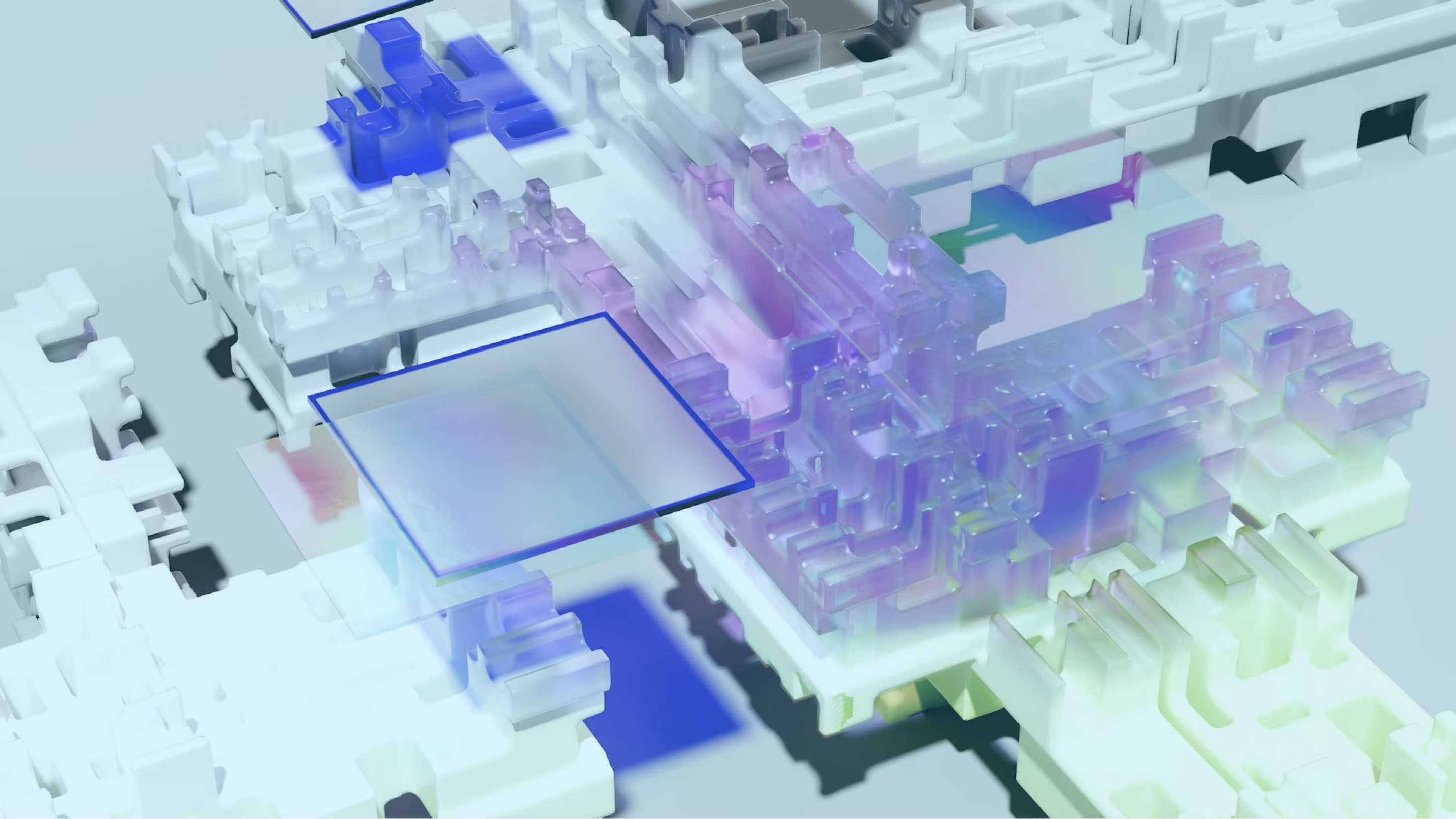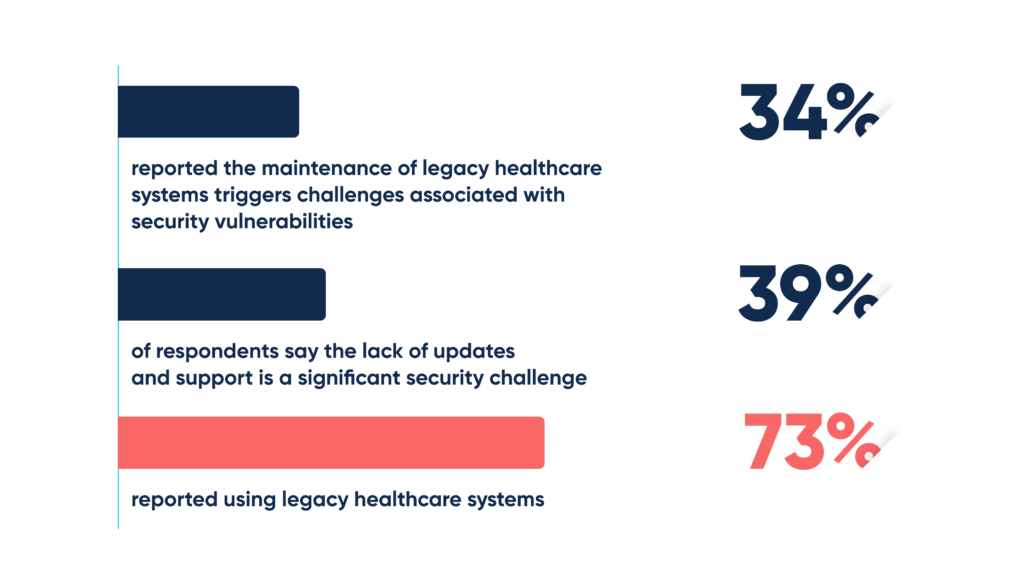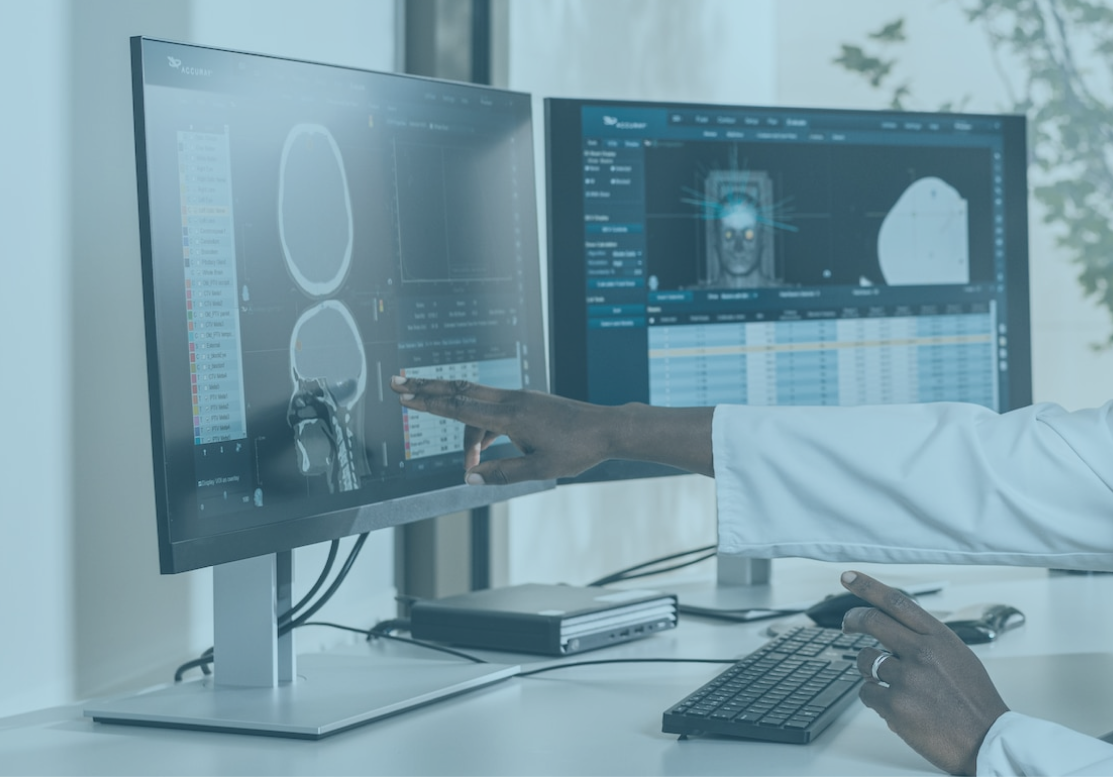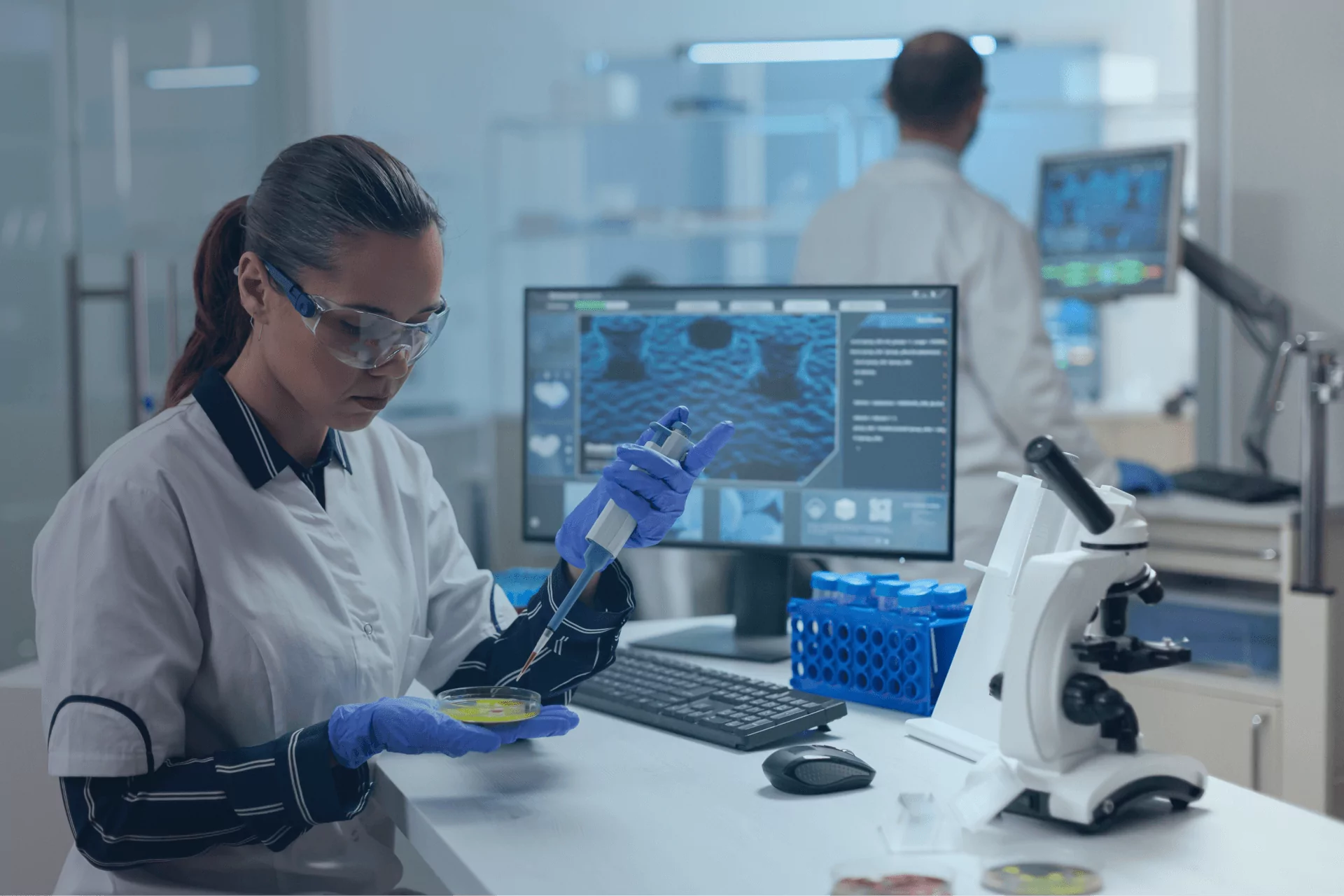Extending legacy healthcare software: RPA technology

Legacy systems, talking about healthcare software, are programs no longer receiving updates and patches. While handling overriding functions, such programs are stagnating in terms of evolution, inevitably remaining at their initial state.
In more recent times, adopting innovation has helped business leaders across industries embrace digitization, and the healthcare industry is not an outlier.
What used to be a field mainly dominated by manual data entry, paper forms, and slow information sharing, healthcare technology has transformed into automated data management, cloud storage, and cybersecurity. This evolution has not only transformed patient outcomes, but revolutionized administrative processes, boosting performance across departments.
In this brief overview, we’ll shed some light on how healthcare decision-makers can harness greater efficiency by approaching RPA integration.
Legacy systems in healthcare: cybersecurity insights
Dealing with legacy systems, the challenge is that these don’t receive support and, typically, security patches and other critical upgrades are unavailable.

As to the HIMSS cybersecurity survey providing insights into the state of healthcare security:
- The majority of respondents – trimming 73% – have reported using legacy healthcare systems
- A quite large proportion – perceptible 34% – has reported maintaining legacy healthcare systems triggers challenges associated with security vulnerabilities
Whether under normal conditions or in the response to emerging security incidents (phishing, ransomware), healthcare organizations are typically very laggard and backhanded to address cybersecurity vulnerabilities. That causes inevitable risks – the longer the response to threats, the greater the opportunity to compromise the company’s information and technology infrastructure, network, systems, and assets.
Usually, under normal circumstances, the respondents reported patching security vulnerabilities in about:
- 1 month for vulnerabilities of low severity rates
- 2 weeks for issues of medium severity rates
- 1 week for high severity vulnerabilities
- 48 hours for critical severity vulnerabilities
Legacy systems in healthcare: a multifaceted business challenge
Security vulnerabilities
Most healthcare legacy systems are lacking security updates and patches, making them extremely vulnerable to phishing and ransomware, data breaches, data theft and loss, credential theft, insider threats, and others. These incidents might cause operational disruption, reputational and financial damage, compromised safety, and potential regulatory consequences.
But that isn’t the only challenge.
Interoperability issues
Older healthcare legacy systems may use outdated protocols that complicate data sharing between programs. This hinders efficient communication and collaboration between providers and causes data inaccuracies, fragmented care, patient dissatisfaction, and, naturally, regulatory non-compliance.
Manual processes
Legacy software goes side by side with traditionally manual processes, often causing cumbersome workflows. In consequence, healthcare providers are facing human error, misallocated resources, degraded productivity, and undesirable patient outcomes.
Regulatory compliance
Industry-specific requirements continually advance to address emerging threats and protect patient privacy, and older legacy software might struggle to meet these requirements (for example, HIPAA, GDPR, and others). That means operational disruption, reputational losses, financial penalties, legal consequences, and similar undesirable consequences.
RPA integration: modernization without operational disruption
Replacing older legacy systems seems reasonable, but organizations that pursue this strategy often discover aggravating bottlenecks associated with data migration, user acceptance, change management, and more. Those long-used legacy systems are likely still utilized as they are mission-critical.
The capabilities (and sometimes, the limitations) of aging legacy software often dictate everyday workflows. That means, making changes to fundamental legacy software also necessitates the commitment to overhaul critical processes.
So how can strategic-thinking healthcare providers deal with existing constraints without compromising operational efficiency?
In situations in which completely abandoning legacy software is not quite feasible (no matter the reasoning), robotic process automation (RPA) might bridge manual workflows and prospective business transformation. Robotic process automation adoption is typically more attainable in terms of initially required investment, interoperability, implementation, and targeted operational improvement.
RPA application in the healthcare industry
Administrative processes
- Appointment scheduling – the application of RPA in daily healthcare processes helps automate appointment scheduling, personal reminders, and rescheduling, thus reducing administrative burden
- Patient registration – the examples of RPA in daily healthcare processes include automating data entry by extracting relevant information from forms, thereby reducing manual efforts
- Billing and claims processing – robotic automation can accelerate billing and claims cycles by handling claim generation, coding validation, claim submission, and also payment posting, naturally improving data accuracy and facilitating faster reimbursement
- Insurance and eligibility verification – robotic automation can streamline the verification of patient insurance coverage and eligibility
Clinical operations
- Medical coding – healthcare RPA use cases can also include automating medical coding by extracting procedure details and other relevant information from documentation, thus reducing human error
- Order entry – healthcare RPA use cases can often comprise automating order entry by processing physician requests for diagnostics and treatment, thereby reducing execution delays
- Patient monitoring and follow-up – robotic automation might improve patient monitoring by tracking appointment attendance, symptom reporting, medication adherence, and other critical information, enabling proactive healthcare intervention
- Health monitoring and reporting – robotic automation also enhances the collection and interpretation of essential health indicators, including temperature, blood pressure, heart rate, oxygen saturation, and more, enabling real-time health monitoring
Human resources
- Employee on- and offboarding – among other RPA applications in the healthcare practice is automated employee on- and offboarding by generating and processing hire paperwork, managing records, provisioning access, and conducting exit interviews
- Performance evaluation – another wide-spread RPA application in the healthcare segment is collecting and analyzing performance information, scheduling meetings, and generating performance reports, which ensures objective evaluations and feedback between managers and employees
Help desk
- Incident management – with the right software, healthcare organizations can automate the creation and routing of tickets for employee-reported software issues
- Password and account management – by leveraging automation technology, healthcare organizations can handle password reset and simplify account provisioning by validating employee identities, updating credentials, and granting access permissions, enabling convenient self-service resolution
- Software installation and checks – another opportunity is automating the deployment of updates, software installations, and patches across devices, thus ensuring that systems are up-to-date
- Performance monitoring and reporting – another opportunity is facilitating the collection and analysis of critical help desk performance metrics, for example ticket volume, resolution times, and more
The reasons for automating help desk ticket creation
You might ask yourself, why should you implement RPA for legacy systems to automate the processes associated with incident management, password and account management, and other help desk related tasks? Well, obviously, we see RPA transforming legacy systems in many different ways, benefiting resource-intense administrative processes, clinical operation, and others, but does help desk really present a challenge?
Let’s talk about automated help desk ticket creation:
Patient-first care
Healthcare personnel can benefit from automated support ticket fill out, as they often work in circumstances where immediate doctor-patient interaction is typically more important than reporting software-related issues. A professional will always prioritize direct patient care, clinical assessment, treatment planning and execution, and, foremost, emergency response.
Used workflows
Healthcare workers also benefit from automated support ticket form filling, as they usually tend to perceive the process of reporting software- and network-related problems as disruptive to their everyday workflows. Any professional will delay the process of reporting technical issues if it is possible to work around them, especially when that requires technical training and navigating multiple systems.
Communication and collaboration preferences
Your employees might prefer those channels they’re already familiar with – phone calls, messages, emails. Common practice, they perceive these channels more convenient and responsive if compared to utilizing support ticket management systems.
Technical expertise
Healthcare professionals usually possess limited knowledge and experience with issue management systems. This means, they might feel unsure and overwhelmed with navigating unfamiliar interfaces.
And that’s where automated support ticket creation systems are a game changer.
The benefits of automating support tickets
Abto Software is ready to empower healthcare businesses by automating incident identification and reporting.
Picture this: in just two clicks, your workers can handle the process of creating software issue support tickets. After reviewing, your employees can confirm and submit the report and get right back to their priority tasks, and that without additional technical training.
Abto Software’s support ticket automation technology:
- Recognizes emerged software errors
- Captures information being required to report these errors
- Logins user to the service desk management system
- And instantly populates reports including descriptions, searching logs, and screenshots
With this support ticket automation solution:
- Your enable your workers to create and submit support tickets without hassle
- And ensure software issues are resolved right away, increasing data accuracy, decreasing waste time, and boosting business productivity
How we can help
Abto Software delivers scalable robotic process automation products to forward-looking healthcare leaders. Our engineers help transform manual operations into easy-to-monitor, automated processes by handling thorough discovery and identification of processes, seamless integration, change management, and support.
Harness measurable business outcomes right away by automating inefficient routines.
Our expertise within tailored-to-business IT services:
- .NET development
- ASP.NET development
- Web application development
- Mobile app development
- Cloud services
- Full-cycle custom software development
Our projects within the healthcare industry:


